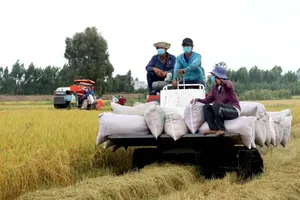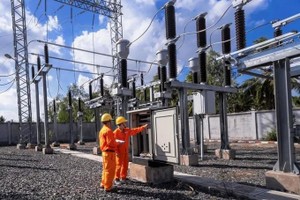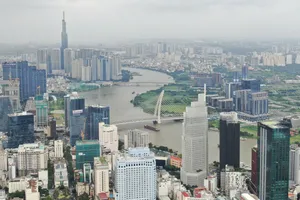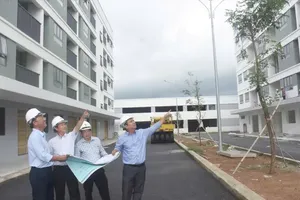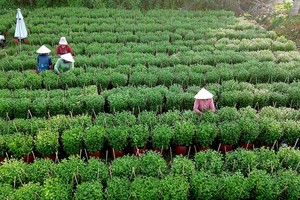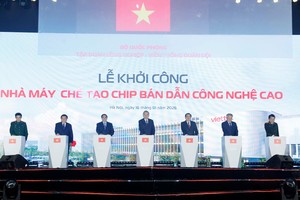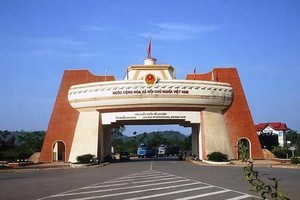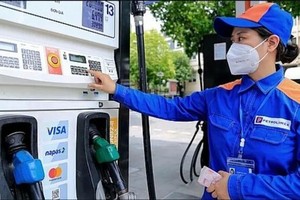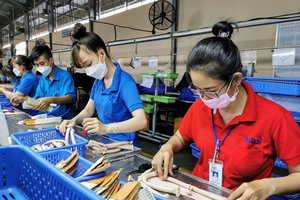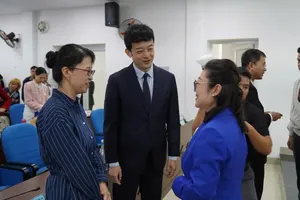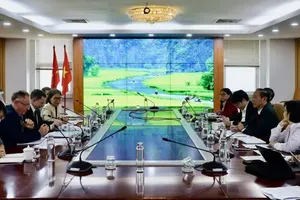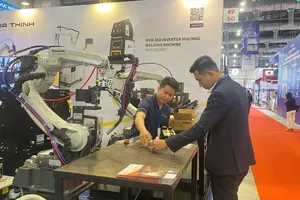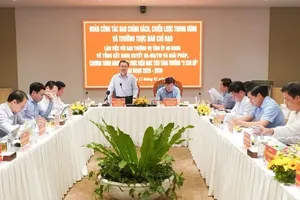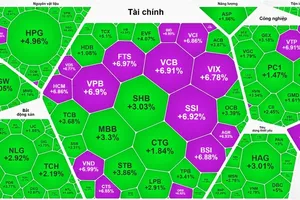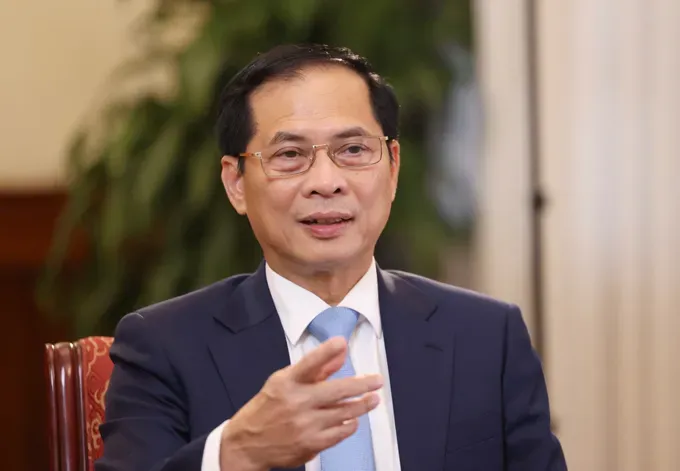
He also emphasized the growing importance of economic diplomacy.
According to Deputy Prime Minister and Minister of Foreign Affairs Bui Thanh Son, the new domestic and international context requires diplomacy to innovate and elevate itself in both mindset and action constantly. Economic diplomacy and science and technology diplomacy are expected to play a pioneering role in seizing opportunities, addressing challenges, and creating new drivers for national development by effectively leveraging internal and external resources. More importantly, foreign affairs must contribute to aligning the country with prevailing global trends, especially in areas such as economy, trade, investment, scientific and technological advancement, the knowledge-based economy, the green economy, and the circular economy.
In addition, Vietnam’s diplomatic sector will continue to leverage the nation’s soft power to enhance its international image and standing in a manner commensurate with the country’s rich historical and cultural legacy, as well as its growing political and economic stature. This soft power not only supports Vietnam’s socio-economic development goals but also strengthens the nation’s global connectivity. Equally important is the need to build a comprehensive, modern, and professional Vietnamese diplomacy that is well-positioned to meet the demands of a new era, on par with regional standards, and reaching toward global influence.
Four key resolutions, including Politburo’s Resolution No. 57-NQ/TW dated December 22, 2024, on advancing science, technology, innovation, and national digital transformation; Politburo’s Resolution No. 59-NQ/TW dated January 24, 2025, on international integration in the new context, ushering in a new stage in Vietnam’s comprehensive integration process; Politburo’s Resolution No. 66-NQ/TW dated April 30 on the reform of law-making and enforcement processes to meet the country's development requirements in the new era; and Politburo’s Resolution 68-NQ/TW, identifying the private sector as the most important driving force of the economy, help Vietnam "take off" in a new development stage.
One of Vietnam's most notable achievements in recent years has been the establishment of economic and trade relations with more than 230 countries and territories. The country has signed and implemented 17 free trade agreements (FTAs), including several next-generation FTAs, and is actively pursuing negotiations with additional partners.
Vietnam's rise to the top 32 countries in the world in terms of GDP size and top 20 countries in terms of international trade volume and foreign direct investment (FDI) attraction reflects the significant contributions of the country’s economic diplomacy efforts.
In particular, the proactive implementation of Directive No. 15 issued by the Party Secretariat on economic diplomacy has helped position Vietnam as a crucial link in regional and global markets. It has also expanded the nation’s cooperation in emerging sectors, enabled deeper integration into global supply chains, and enhanced Vietnam’s standing within the global value chain.
Amid a landscape of intertwined challenges and opportunities, and closely aligned with the country’s development goals, particularly the target of achieving double-digit economic growth, Vietnam’s economic diplomacy will focus on several priority tasks in the coming period.
Foremost, the diplomatic sector will seek to fully leverage the benefits of existing trade and investment agreements, with special attention to markets and sectors that remain underexploited. Efforts will also be directed toward unlocking new sources of investment and financing, concretizing the newly upgraded relationship frameworks into practical and effective economic cooperation programs and projects.
In addition, the diplomatic sector will actively contribute to fostering growth by revitalizing traditional growth drivers such as investment, exports, and consumption, while vigorously promoting new engines of growth, including science and technology, digital transformation, green growth, circular economy, and knowledge economy.
The sector will also focus on identifying and capitalizing on opportunities arising from emerging global trends such as digital transition, green transformation, and energy transition. It aims to establish broad cooperation with global innovation hubs, including nations and enterprises, in breakthrough fields such as high technology, semiconductors, artificial intelligence, and quantum computing.
Significantly, economic diplomacy will continue to work closely with ministries, local authorities, and businesses to address challenges and obstacles, creating leverage and connections to attract new projects and cooperative programs.
